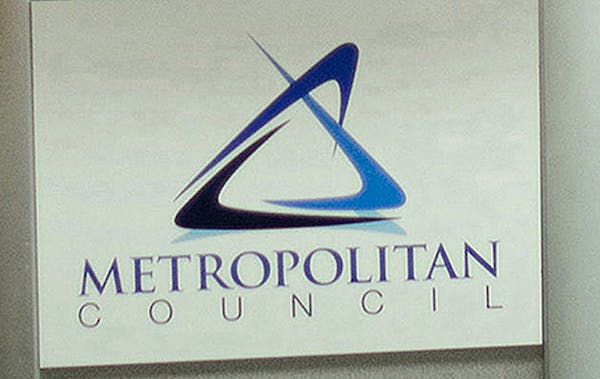Lawyers battling over the fate of the $1.9 billion Southwest light-rail line faced off in a courtroom Wednesday afternoon for the first time in two years.
The future of the largest public works project in state history now lies with U.S. District Judge John Tunheim, who said he will rule "as quickly as possible" on a lawsuit filed by neighbors opposed to the LRT line.
The Lakes and Parks Alliance sued in federal court three years ago, claiming the Metropolitan Council violated federal law when it chose the current LRT route above all others before an environmental study was completed.
The 14.5-mile line would run between downtown Minneapolis and Eden Prairie, beginning service in 2022. But its 2.5-mile jog through the Kenilworth corridor, a popular area for bicyclists and pedestrians in Minneapolis' Chain of Lakes area, spurred neighbors to protest, beginning a long legal odyssey for all those involved.
The Met Council denies the Alliance's claims, and says the deadline for the group to sue the Federal Transit Administration (FTA) over federal environmental laws has long passed. The issue, the council says, is moot and the case should be dismissed.
If Tunheim rules in the Alliance's favor, additional environmental study aimed at considering alternative routes could be in order, causing more delay and expense on a project that has encountered mounting difficulties in recent years.
Those challenges include Republican state lawmakers who have refused to pay more to fund Southwest, uncertainty over a federal matching grant, and construction bids that recently came in too high, forcing the project to be rebid. More than $187 million in local money already has been spent on pre-construction work along the line.
Tunheim could side with the Met Council, and the project would continue along its current route, which also winds through St. Louis Park, Hopkins, and Minnetonka. More nuanced legal rulings could result, as well. Either side could appeal Tunheim's ruling.
The mood at Wednesday's hourlong hearing in downtown Minneapolis, attended by about three dozen neighbors, was polite, as attorneys for the two sides revisited the project's often-convoluted history.
'Cake was baked'
Lewis Remele Jr., one of the Alliance's attorneys, highlighted several e-mails among Met Council officials and other internal documents culled from a discovery request that involved 25,000 documents.
These missives prove the council pursued the current route without regard to alternatives, he said, noting "the cake was baked."
Some alternatives discussed over the years include constructing the line along Nicollet Avenue and the Midtown Greenway in Minneapolis. Another involved rerouting freight traffic through St. Louis Park — current plans call for Southwest to share the Kenilworth corridor with Twin Cities & Western Railroad trains.
This was done, Remele contended, to keep Southwest placed high in the federal funding queue — the FTA is expected to contribute $929 million to the project. "The Holy Grail in this process is to get that federal money," he said. "Damn the torpedoes, it doesn't matter if it's legal."
'A clear outlier'
Charles Nauen, an attorney for the Met Council, maintained Southwest "has gone through a full and thorough environmental review, there were no limits on the choices for alternative routes."
Furthermore, the Alliance "seeks a radical departure from established [legal] precedent," Nauen argued in a legal brief. "This case is a clear outlier."
He discounted the internal documents cited by the Alliance, saying they were part of normal communication among members of the project's staff.
Janet Moore • 612-673-7752 Twitter: @MooreStrib
Hopkins parents charged in 9-year-old daughter's deadly asthma attack

Back to blue: Lake Harriet Band Shell renovation almost finished

What St. Paul gardeners need to know about the city's new boulevard garden rules

